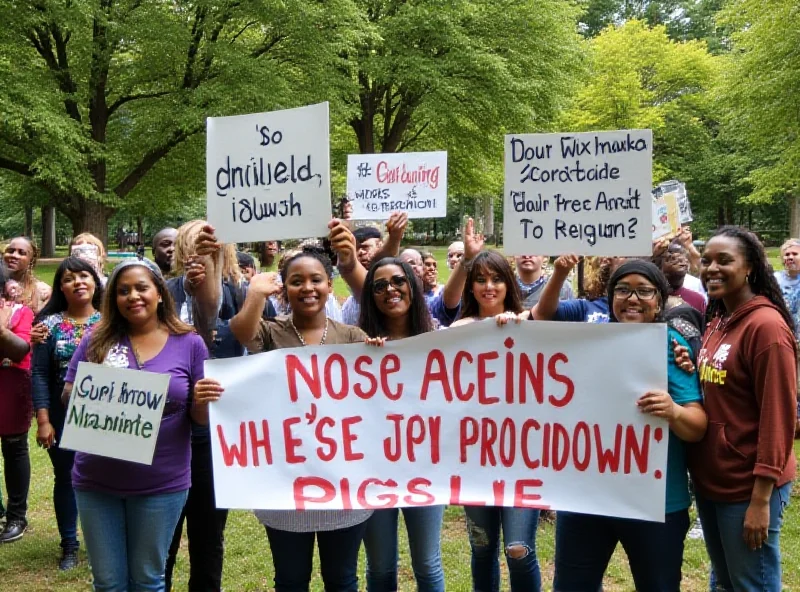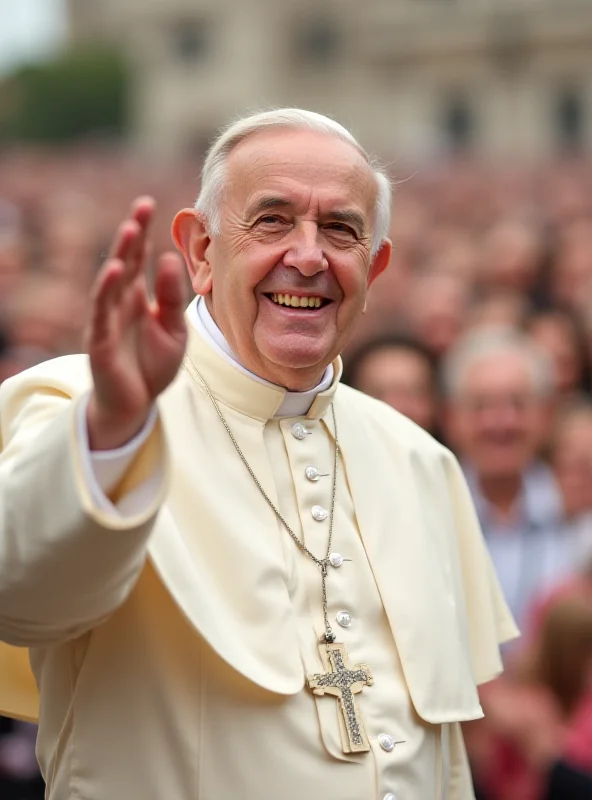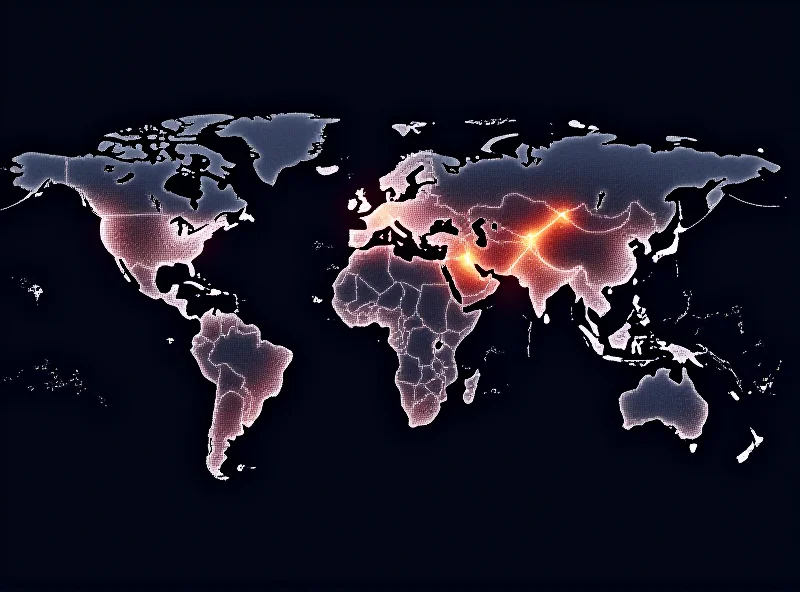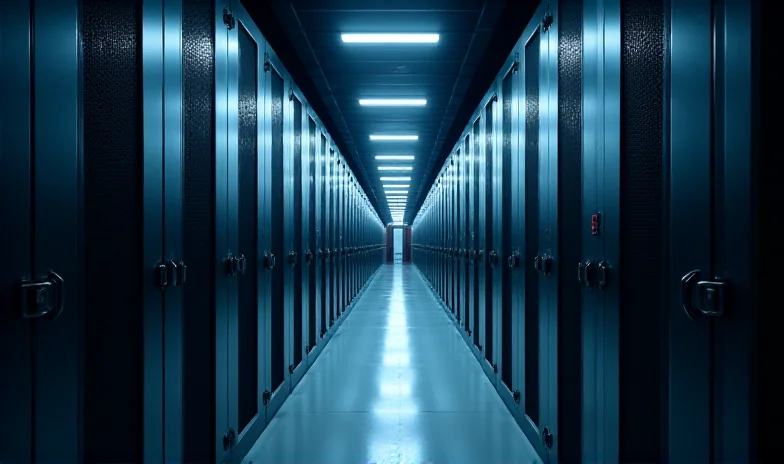Today's political landscape is a fascinating mix of the personal, the local, and the global. From the secrets hidden in our DNA to clashes over church construction and the evolving world order, there's a lot to unpack.
DNA Secrets and Privacy Concerns
A recent nine-part podcast investigation has brought to light some unsettling truths about the DNA industry. It turns out that the private records of many Australians are being stored in a mountain vault in Utah, under the control of the Mormon Church. This arrangement stems from a deal with the National Archives of Australia, raising serious questions about data privacy and control. What does it mean for our personal information to be held by private organizations, even with governmental agreements in place? This story is a reminder of the importance of understanding where our data goes and who has access to it.

Local Battles: Church vs. Community
Moving from the global to the local, we see conflicts arising over proposed construction projects. In Kolmanova Garden, a plan by the Church to build a permanent facility has sparked strong opposition from local residents. They've organized a petition to voice their concerns. The bishop has addressed the situation, suggesting that there may be a "misunderstanding of the purpose" behind the project. These kinds of disputes are common, highlighting the tensions that can arise between religious institutions and the communities they serve. It raises the question of how to balance development with the needs and desires of local populations.
Such local conflicts are not uncommon. It highlights the importance of clear communication and community engagement when proposing new projects, especially those involving religious institutions. Understanding the concerns of the residents is paramount to finding a solution that benefits everyone.

Pope Francis and the Shifting Sands of Catholicism
The pontificate of Pope Francis continues to be a subject of intense discussion. After twelve years, committed figures from the Church in France are reflecting on his "rich and turbulent" leadership. He's often described as an "iconoclastic sovereign," overseeing a global congregation of nearly one and a half billion people. His approach to leadership has certainly stirred debate within the Catholic Church, prompting reflection on the role of tradition and the need for adaptation in a rapidly changing world.
"Pope Francis is a force for change, challenging the status quo and prompting important conversations within the Church."

The World Order: A New Era?
Finally, the global stage is undergoing a dramatic transformation. The confrontation between Trump and Zelensky is being compared to the Churchill-Stalin pact, suggesting a significant shift in geopolitical dynamics. The old world order is seemingly being replaced by something new, with the US potentially leading a "retreat" from its traditional role. This is a complex and evolving situation, with far-reaching implications for international relations and global stability. It will be interesting to see how these changes play out in the years to come.
The idea of the US leading a retreat from its former global position is a bold statement. It suggests a fundamental shift in power dynamics and raises questions about the future of international alliances and global governance. This is a development worth watching closely.

